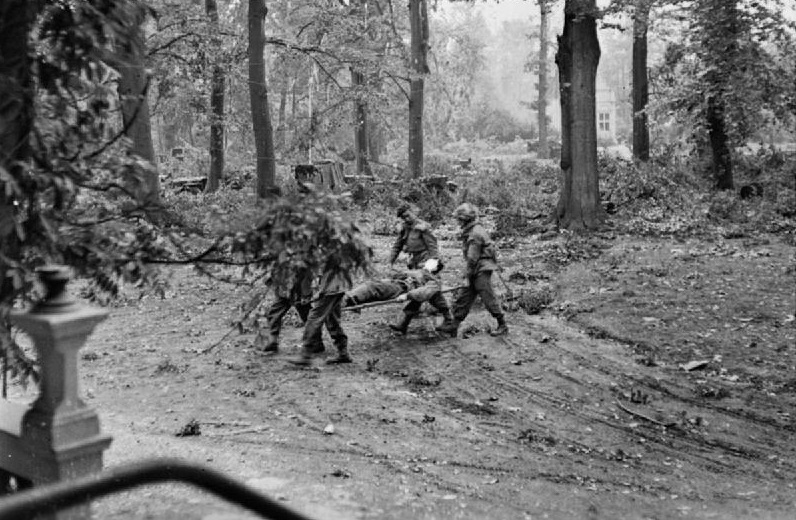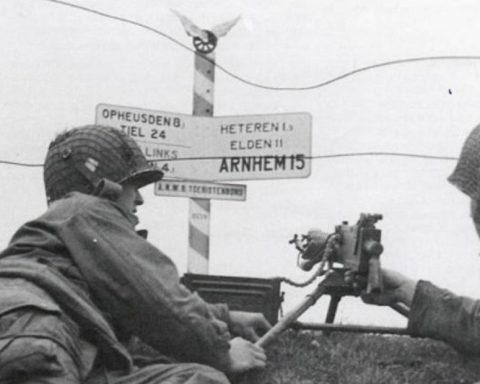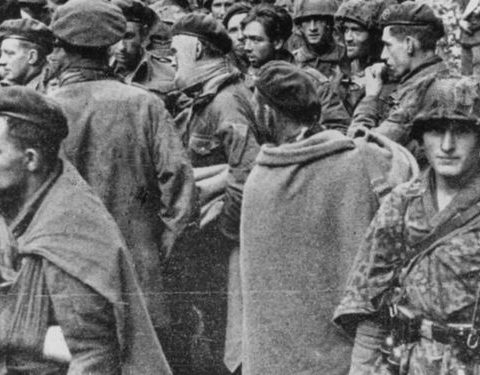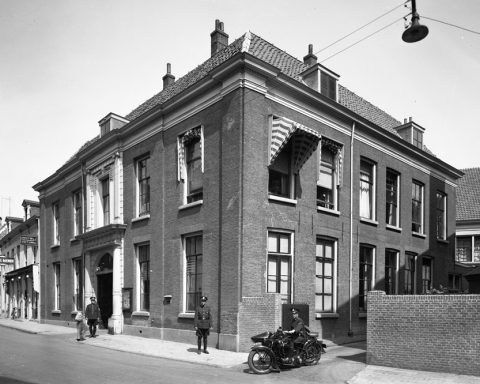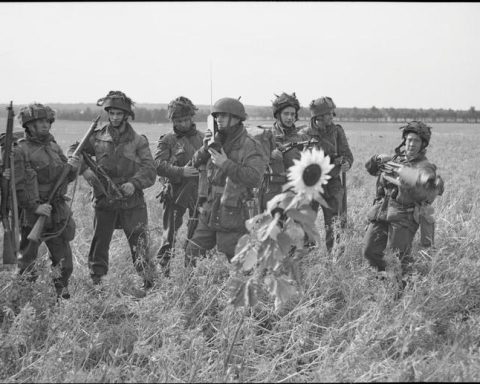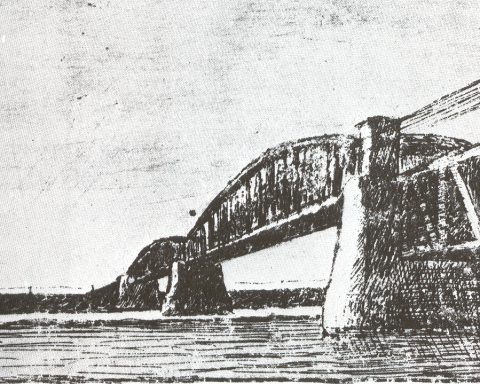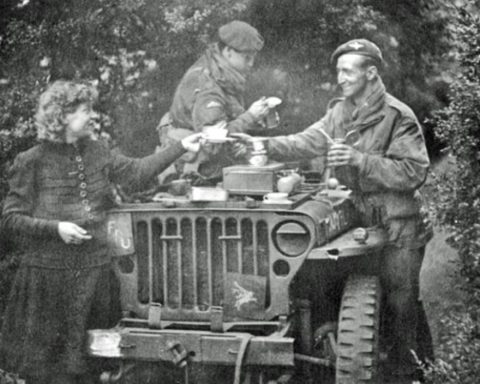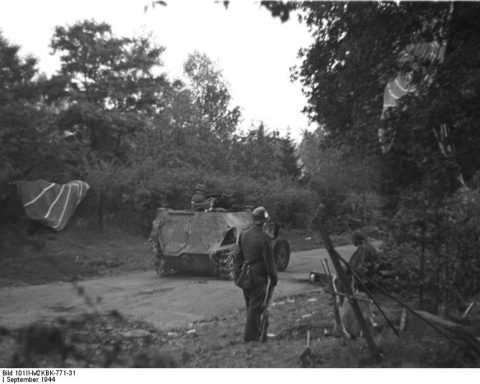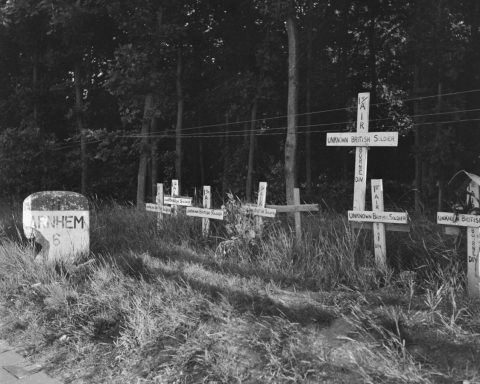“It was a desperate, terrible day.” General Roy Urquhart drew this conclusion at the end of Sunday, September 24, about the situation in Oosterbeek. After more than a week of continuous fighting and continuous mortar bombardment of the British positions, the airborne troops were close to exhaustion.
Because most supplies dropped by the RAF ended up with the Germans, there was a serious shortage of food, medical supplies and ammunition within the horseshoe-shaped sector that the British occupied in Oosterbeek.
By Friday, September 22, the Allied ground forces had already reached the south bank of the Rhine, but the Polish Parachute Brigade and the 43rd Wessex Division, which faced the British in Oosterbeek, had done little to relieve the besieged Airborne Division due to a lack of boats. . In the previous days, only 200 Polish soldiers had been able to cross the Rhine.
The plan of General Horrocks, the commander of the ground forces, was still to advance to the north of the Rhine. Now that this was not possible via the Rhine Bridge near Arnhem, it had to be via the bridgehead that the remainder of the Airborne Division still held. But a crossing to relieve the British in Oosterbeek was still delayed.
And so the British held out with the courage of desperation while the Germans continued their mortar bombardment of the British positions on Sunday, September 24. The Germans tried to further restrict the British sector through small, targeted attacks on weak British positions.
Urquhart: “In some places the Germans pushed through our lines, but they were driven out with heroic counter-attacks.”
The 200 Polish paratroopers who had reinforced the British airbornes were dismayed to see what the British looked like. “Everyone had red eyes from lack of sleep and white lips from lack of water,” said Polish corporal Korob.
Exhausted
After the Battle of Arnhem, General Urquhart described an incident that took place on Sunday, September 24, near the railway line at the northern end of the British defense line.
“Everyone was exhausted. In the half-collapsed house that the King’s Own Scottish Borderers used as headquarters, Colonel Payton-Reid had a meeting held at a table covered in grit. There were four men present. Payton-Reid heard herself talking in the distance. Someone had fallen asleep with his head on the table. Someone else fell asleep. Now all four of them were dozing. Moments later, Payton-Reid woke up and woke the three others.”
That afternoon there was a lull in the fighting for a few hours. Colonel Warrack, the highest ranking British doctor in Oosterbeek, had agreed a ceasefire with the Germans to remove as many wounded as possible to hospitals in the area.
Another incident is described in historian Antony Beevor’s book about the Battle of Arnhem.
During the ceasefire, a Polish paratrooper discovered the body of a British soldier in front of the trench assigned to him. The Pole was afraid that the body would decompose. Together with another soldier they decided to throw the body in another trench and bury it. But the moment they picked up the body by the arms and legs, the soldier opened his eyes in surprise. He was lying alone enjoying the sun during the truce and had fallen asleep.
One of the wounded who was taken to the Elisabeth Gasthuis during the armistice was General Hackett. Hackett had been wounded by a mortar shell that morning. There were now two British generals in the Elisabeth Gasthuis. Earlier during the Battle of Arnhem, General Lathbury had also been wounded.
Both British generals were smuggled out of the hospital by the Arnhem resistance fighter Piet Kruijff after the Battle of Arnhem. Both Lathbury and Hackett managed to reach the British lines again.
The ceeasefire on Sunday September 24, had been a welcome break from the shelling in Oosterbeek. But the Germans then resumed the shelling with all 110 artillery pieces they had placed around Oosterbeek.
The German army leadership was afraid that the Allied ground troops would succeed in relieving the British in Oosterbeek. For that reason, the pressure on General Bittrich was great to destroy the British as quickly as possible.
But despite the exhaustion, the lack of food and ammunition, the continuous mortar bombardments and the fighting against the German troops, the British perimeter held firm.
Urquhart: “We could have held out another day.”

